Meeting responds to World Toilet Day in Hanoi
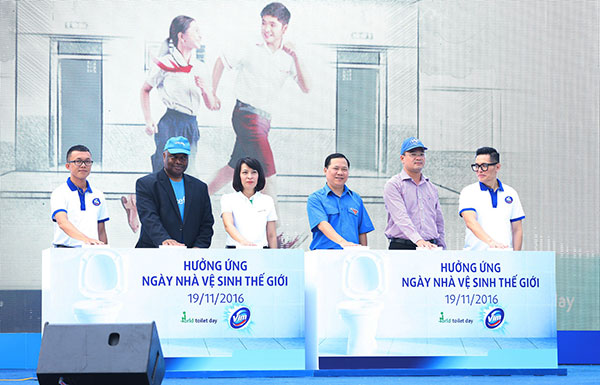 |
The meeting encompassed diverse activities, such as demonstration of a giant toilet model made from 1,000 Vim bottles, or a run attracting more than 3,000 pupils, students and representatives from different government agencies, organisations, and international organisations.
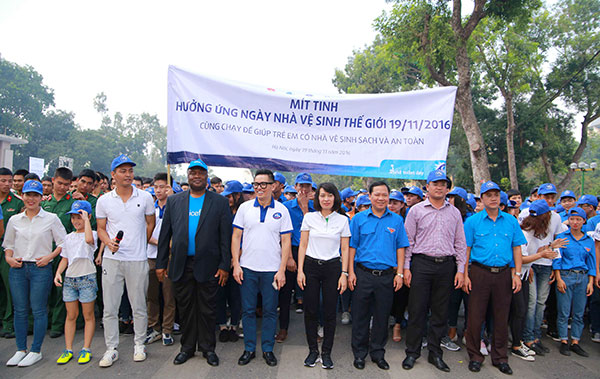 |
The final round of a competition to select best presenters for the health and toilet sanitation programmme also took place on the occasion with the attendance of five teams from Thai Binh, Nam Dinh, Ninh Binh, Hung Yen and Nghe An provinces.
According to director of Ministry of Health’s Health Environment Management Agency Nguyen Thi Lien Huong, despite posting encouraging achievements, multiple challenges have still existed in environmental sanitation and hygiene field in rural areas.
Accordingly, only 65 per cent of families in rural areas had built standard toilets by end of 2015. The situation was more critical in the northern highland, the Central Highlands and Mekong Delta regions.
Tran Vu Hoai, deputy chairman of Unilever Vietnam Foundation, said that the Foundation’s cleaning brand Vim, in cooperation with the Ministry of Health, has set forth the target of improving sanitation conditions for around 10 million Vietnamese people by 2018.
The programme has thus far benefitted more than four million residents nationwide.
This is part of Unilever’s Sustainable Living Plan in Vietnam with an aim to make more than 20 million Vietnamese lead a better life by improving their health and well-being by 2020.
What the stars mean:
★ Poor ★ ★ Promising ★★★ Good ★★★★ Very good ★★★★★ Exceptional
Latest News
More News
- Hanoi pilots electronic health record solution (November 10, 2024 | 12:25)
- Vietnamese consumer sentiment outperforms regional averages (November 08, 2024 | 18:00)
- Japfa Vietnam serves nutrition to 1,500 children to year-end (November 06, 2024 | 16:32)
- Tan Hiep Phat - three decades of serving society (November 04, 2024 | 17:58)
- Hanoi to restrict polluting vehicles across key districts (November 04, 2024 | 16:29)
- Hoan My Medical Group launches breast cancer screening to support community health (November 02, 2024 | 10:56)
- Vietnamese students explore the future at STEAMese Festival (October 28, 2024 | 16:55)
- Honouring ‘Green Warriors’ on Vietnamese Women’s Day (October 21, 2024 | 15:16)
- Swing for the Kids charity golf tournament kicks off (October 13, 2024 | 09:00)
- Swing for the Kids 2024 tees up opportunities for Vietnam's youth (October 12, 2024 | 10:00)




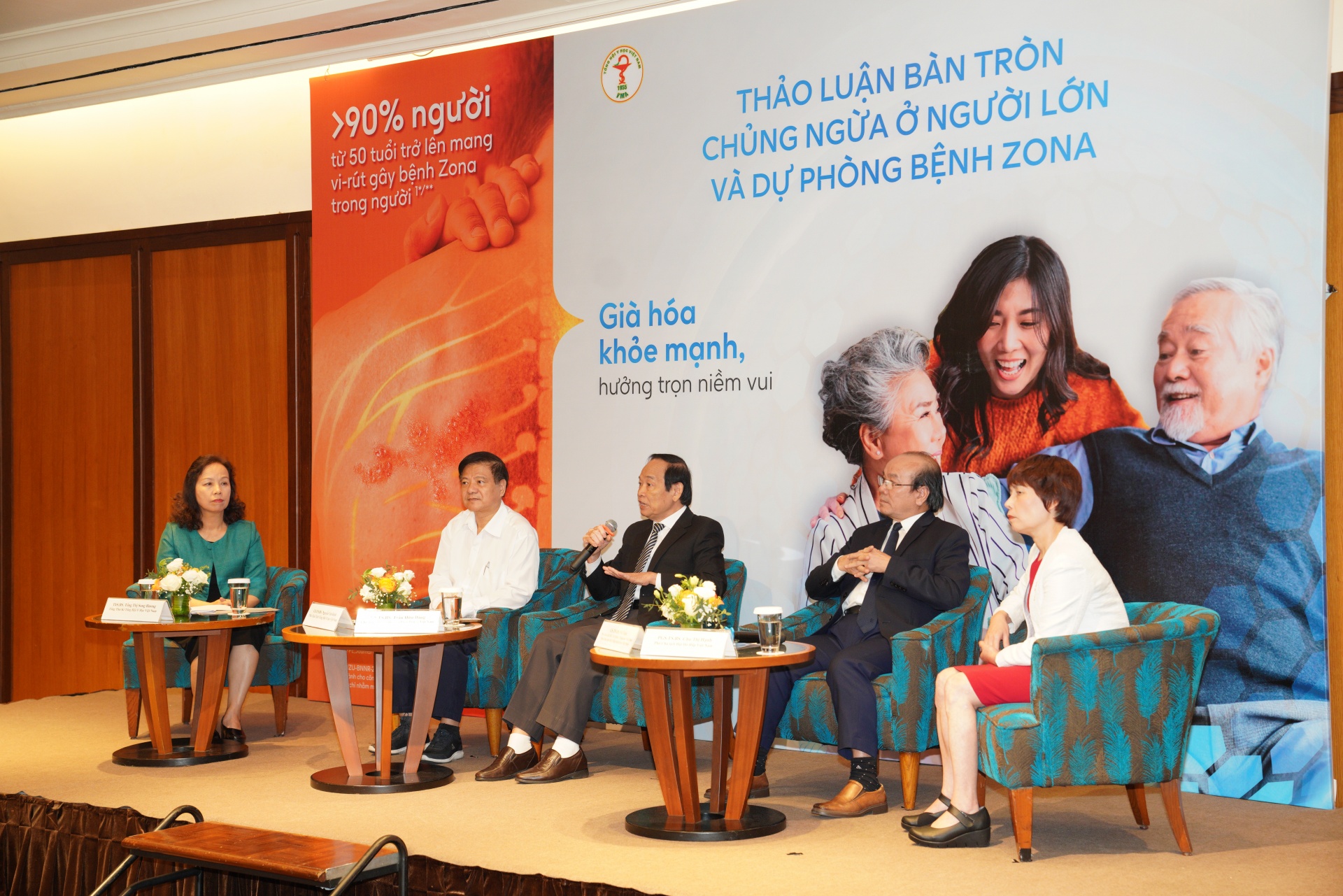
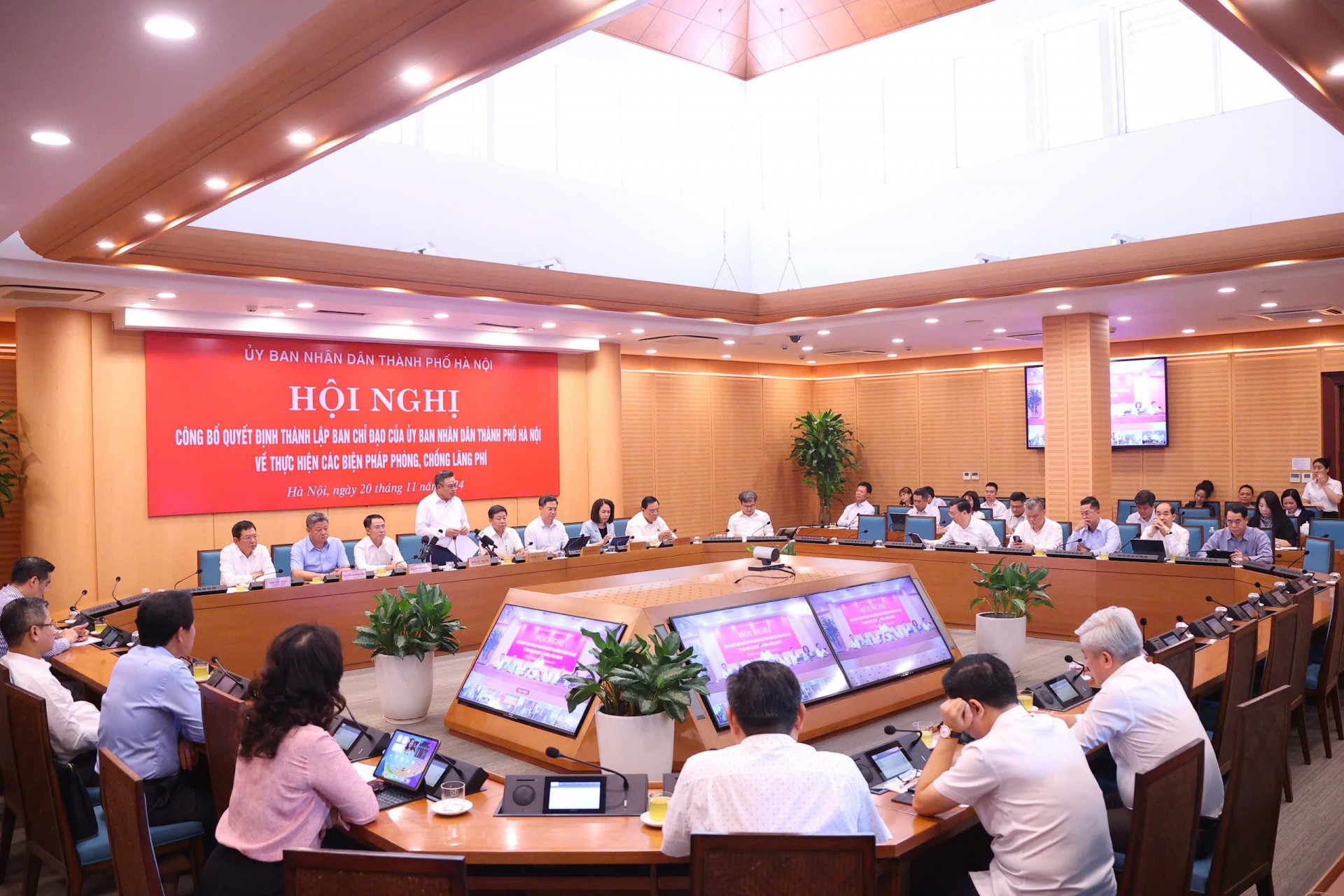
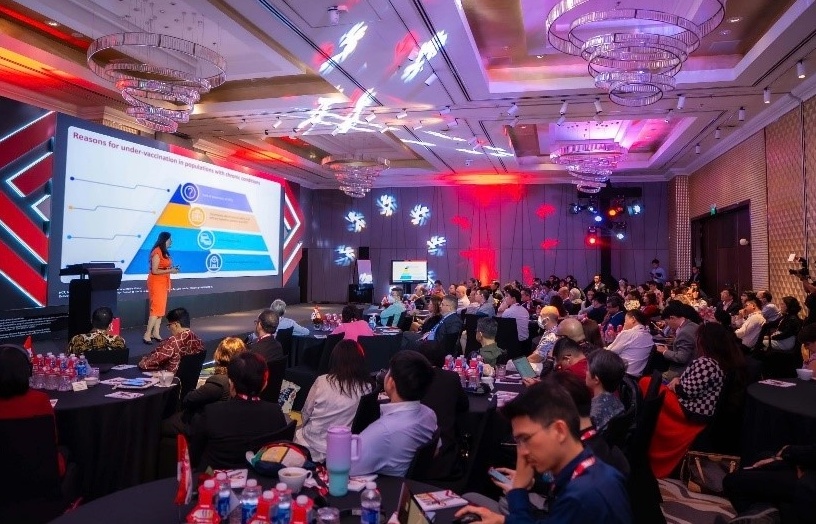
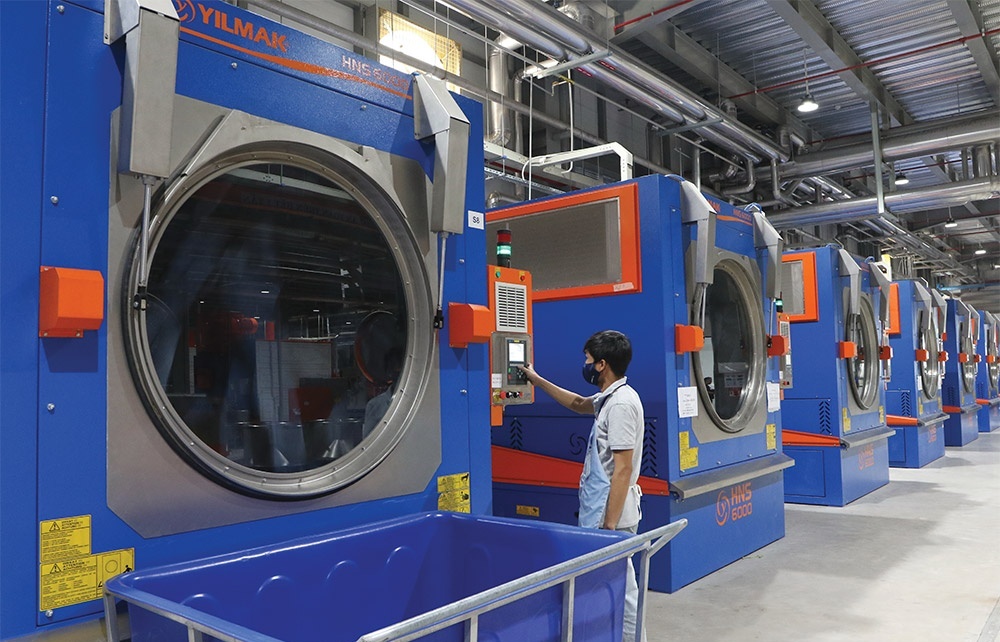
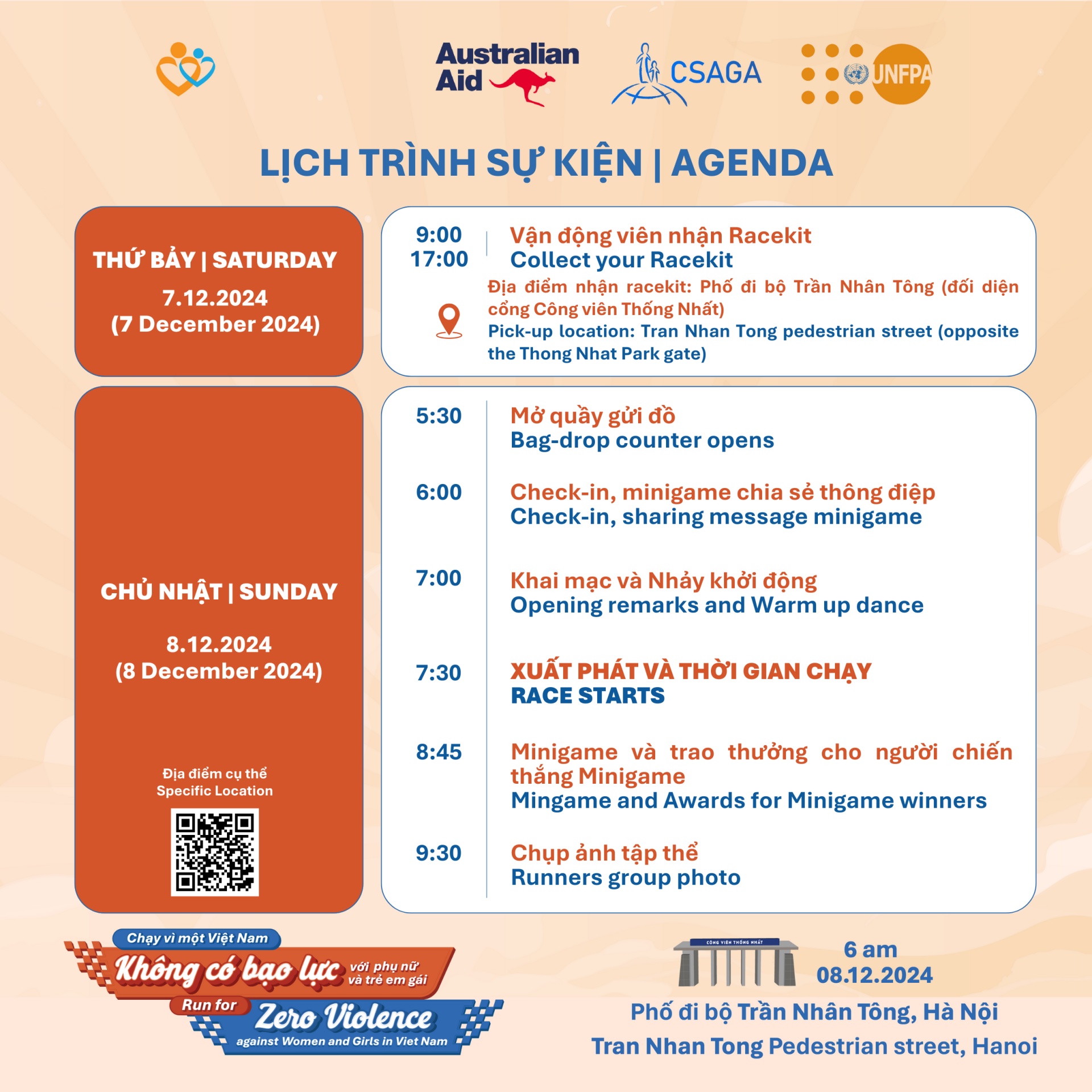
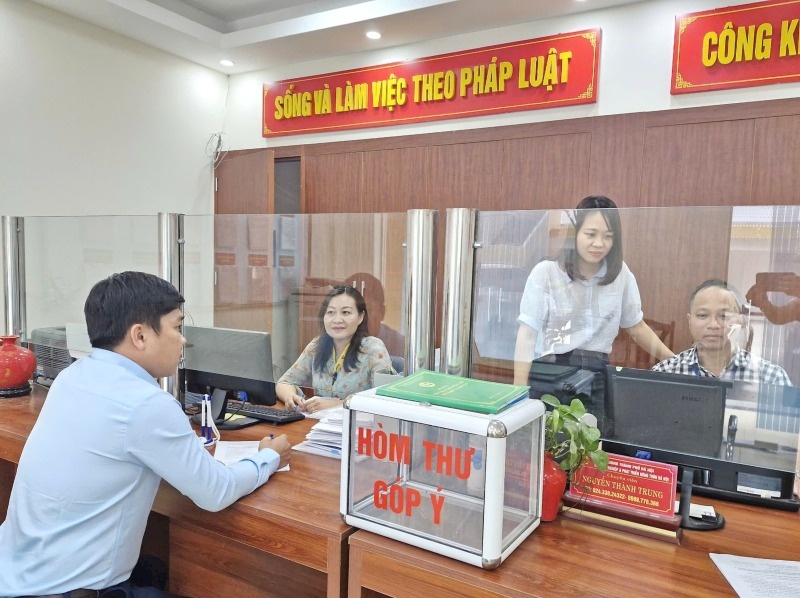



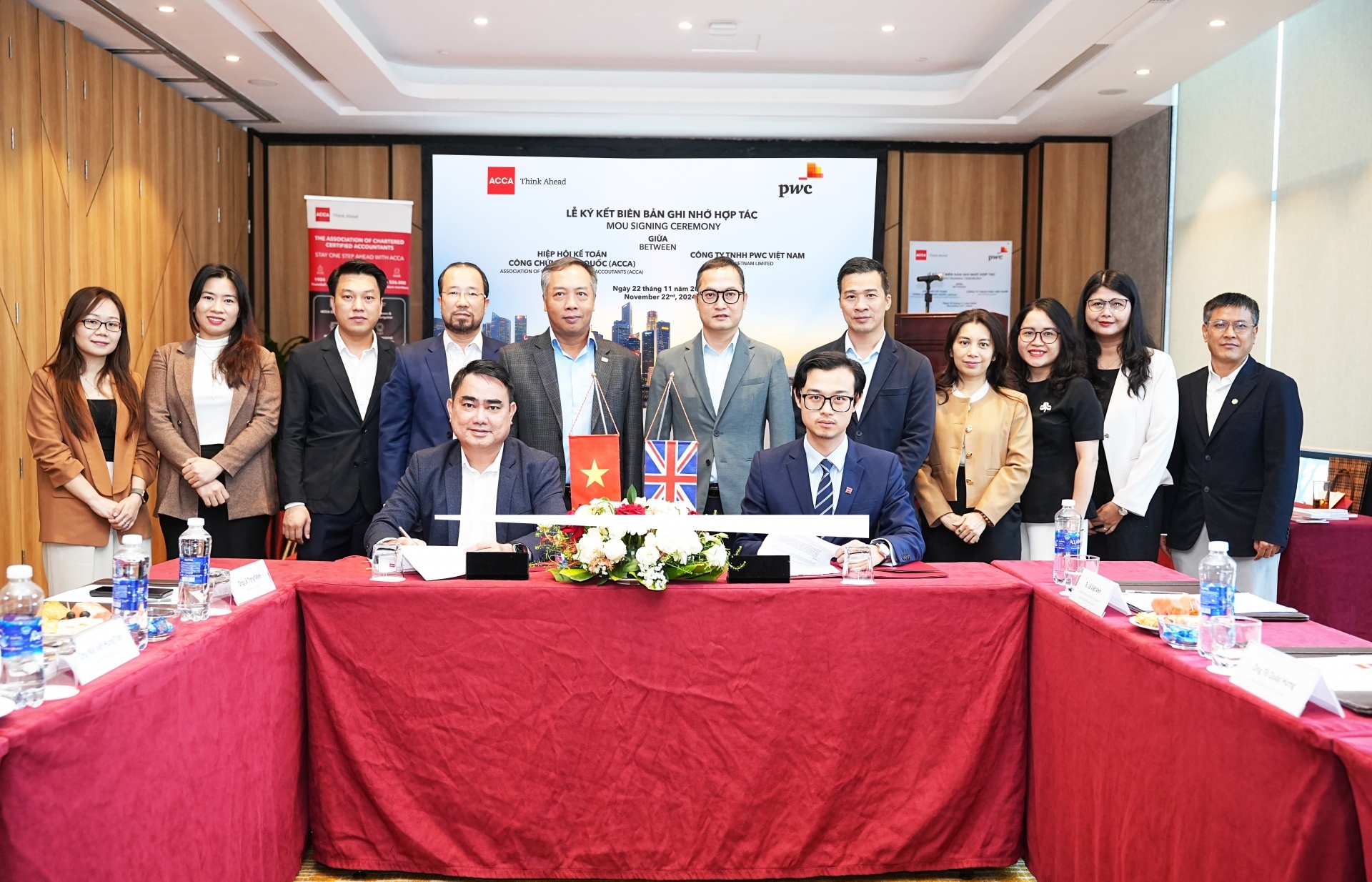
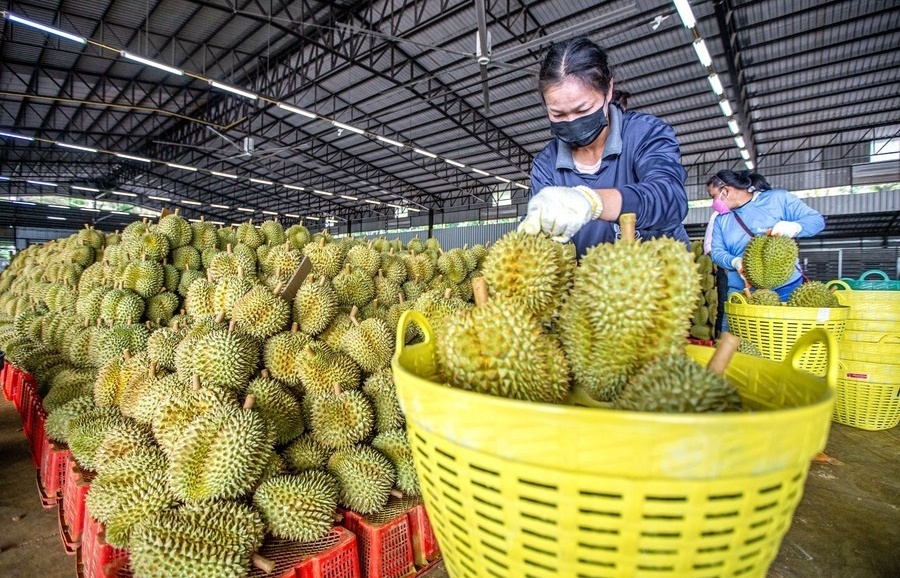

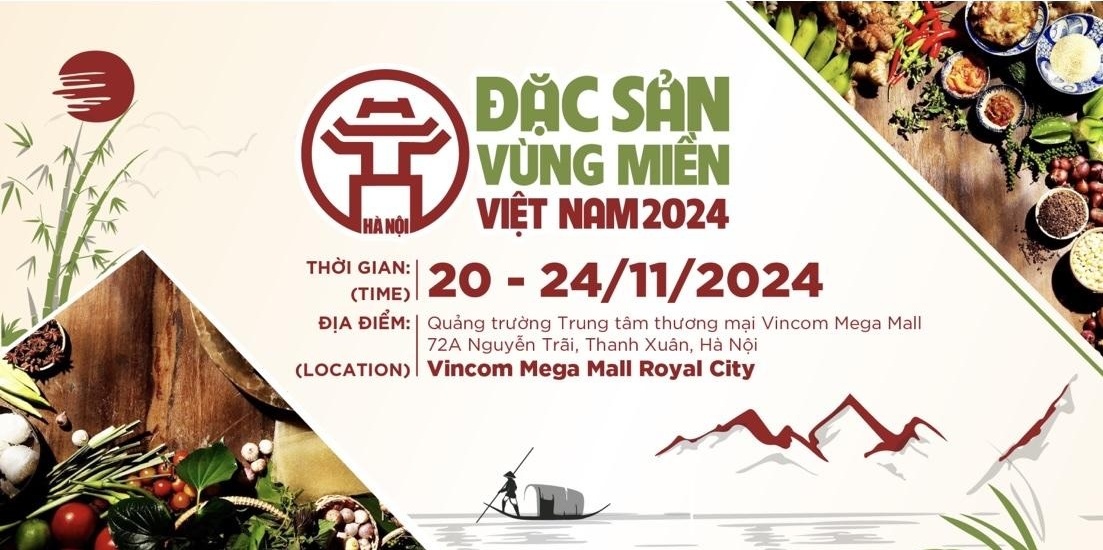



 Mobile Version
Mobile Version